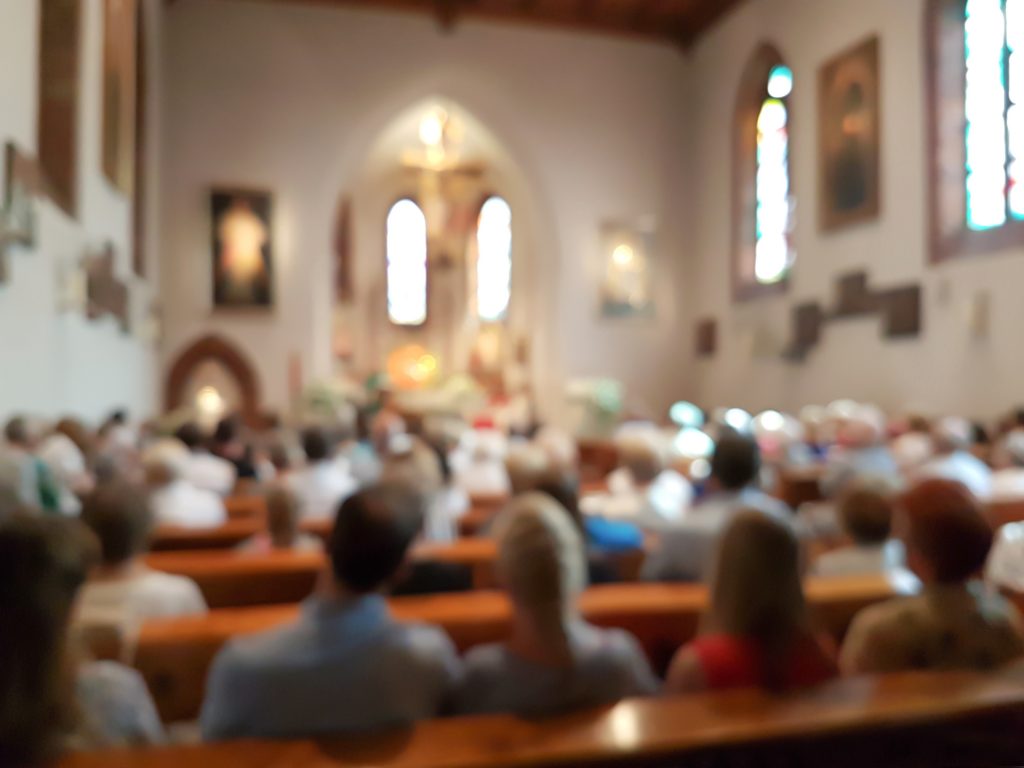
Over the years, I’ve had numerous conversations about the difference between religion and spirituality. Questions were raised whether there is indeed a difference and how do we ascribe to one or the other in our daily lives.
Spirituality is a deep connection to the soul, a divine closeness to the Creator, and a move away from the tangible. A simpler explanation is that spirituality is an internal focus, and religion is an external focus.
In current times, many churches, as the saying goes, “are so heavenly minded they are no earthly good.” They are committed to rituals, rites, customs, and tradition, but seemingly, lack a deep connection to spirituality and the essence of community and the teachings of Christ, in whom they profess allegiance.
Once everyone leaves church service on Sunday, there is little to no connection to anyone in and around the physical church building the other six days of the week. (Which makes you wonder, why do we have these grand edifices that are primarily used once a week for two hours on Sunday mornings?) Although not all, in some churches, the lack of spiritual connection and engagement is becoming more prevalent in today’s world, as society is evolving and morphing away from organized religion, as many are opting out of attending weekly church services altogether.
As a Christian, it is my belief, churches should attempt to live up to the highest two commandments which are to “love God” and “love thy neighbor.”
The churches I have attended over the years have promoted the need to connect with God and the people in our community. Currently, I attend a multicultural church. I chose the church because it is essential for me to participate in a place of worship that is comprised of people from different backgrounds and ethnicities; a church that clothes, feeds, and supports those in need. Several times throughout the year, the Pastor asks those who are struggling, for whatever reason, to stand or come to the front of the church to be blessed monetarily. It is a moving experience every time this happens.
We are living in a time when we need to have religious institutions, especially Christian ones, live out the values espoused in Matthew 25:40 which says, “Truly I tell you, whatever you did for one of the least of these brothers and sisters of mine, you did for me.” This bible scripture underscores the need for us as followers of Christ to help those who are hurting.
When I look for examples of Christ and leadership in today’s congregations, I look for churches who denounce many of the injustices we see today. I think today Christ would have questions like: Why are you separating families and closing your borders? Why are you not feeding the hungry, clothing the naked, and caring for the poor among you?
How can you allow segregation and unequal education to take place, knowing that I asked you to love your neighbor?
I am thankful to organizations like the Institute for Islamic, Christian, and Jewish Studies for bringing diverse groups of people together to challenge us, to encourage us to confront and tackle issues, and take a hard look at how we can use our religious text as a guide. I’m convinced that if more religious organizations, of all beliefs, would genuinely explore this approach, and embrace this example, it can be used as a model for good. Our goal as followers of Christ should always be to uphold the highest two commandments and make sure we do all we can to create socially just communities focused on Spirituality and truth.
Cory Anderson is Assistant Director of Career Communities at Towson University, Founder of Identity BluePrint, and a member of the 2018 ICJS Justice Leaders Fellowship.
Baltimore is part of a national conversation around questions of justice, race, and community. Members of the ICJS Justice Leaders Fellowship consider how Jewish, Christian, and Muslim teachings and practice can contribute to the public conversation about (in)justice. Opinions expressed in this blog are solely the author’s. ICJS welcomes a diversity of opinions and perspectives. We do not seek a single definition of justice between or within traditions.